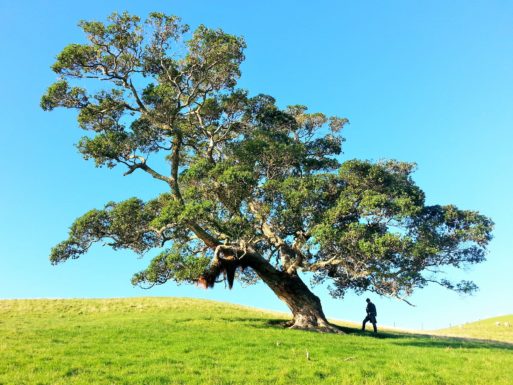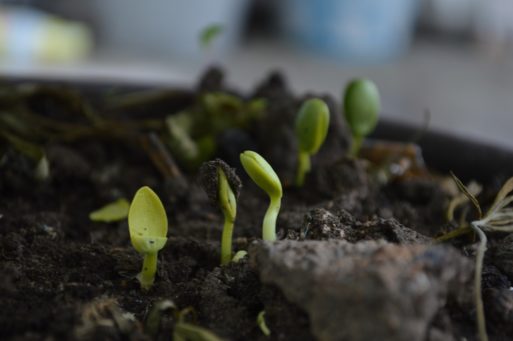When planning for the end of life, new burial alternatives mean that we can now ask ourselves: What do I want to be when I die? A bill introduced in the Washington state legislature would add two environmentally friendly options for individuals and families to consider: alkaline hydrolysis and recomposition.

Alkaline hydrolysis or “resomation” dissolves the body to bone using water and an alkali solution. Available in 17 states so far, the process uses far less energy than traditional cremation — not to mention coffin burials — but produces ashes that the family can keep or use.
The bill, sponsored by Washington state Senator Jamie Pedersen, would also authorize a new process called recomposition. Created by Katrina Spade and researchers from Western Carolina University and Washington State University, recomposition is in essence human composting: turning our bodies into nourishing soil to feed plants and trees.
NBC News reports: “The aim is a less expensive way of dealing with human remains that is better for the environment than burial, which can leach chemicals into the ground, or cremation, which releases earth-warming carbon dioxide.”
The Process of Recomposition
The process of recomposition involves placing unembalmed human remains wrapped in a shroud in a 5-foot-by-10-foot cylindrical vessel with a bed of organic material such as wood chips, alfalfa and straw. Air is then periodically pulled into the vessel, providing oxygen to accelerate microbial activity. Within approximately one month, the remains are reduced to a cubic yard of compost that can be used to grow new plants.

Of course, the procedure has to be done properly to avoid spreading disease. In a pilot program testing recomposition on six human bodies, researchers used naturally occurring microbes to maintain a temperature of 131 degrees Fahrenheit for seventy-two hours. This destroyed any pathogens, making the process safe.
Other researchers are developing environmentally sound alternatives to traditional burials too. Raoul Bretzel and Anna Citelli have created “Capsula Mundi,” an organic, egg-shaped casket designed to biodegrade quickly after burial and provide direct nourishment to a tree above it (we wrote in detail about it here).
With the move back to natural burials (currently there are 300 certified “green” or natural burial service providers in 41 U.S. states and six Canadian provinces), we now have more options to decide what we want to be after we die.

 Recomposition and Other Burial Innovations Give Our Bodies New Purpose After Death
Recomposition and Other Burial Innovations Give Our Bodies New Purpose After Death



 How to Comfort A Dying Loved One
How to Comfort A Dying Loved One
 Our Annual Seven Holiday Gifts for Someone Who Is Grieving, 2024 Edition
Our Annual Seven Holiday Gifts for Someone Who Is Grieving, 2024 Edition














